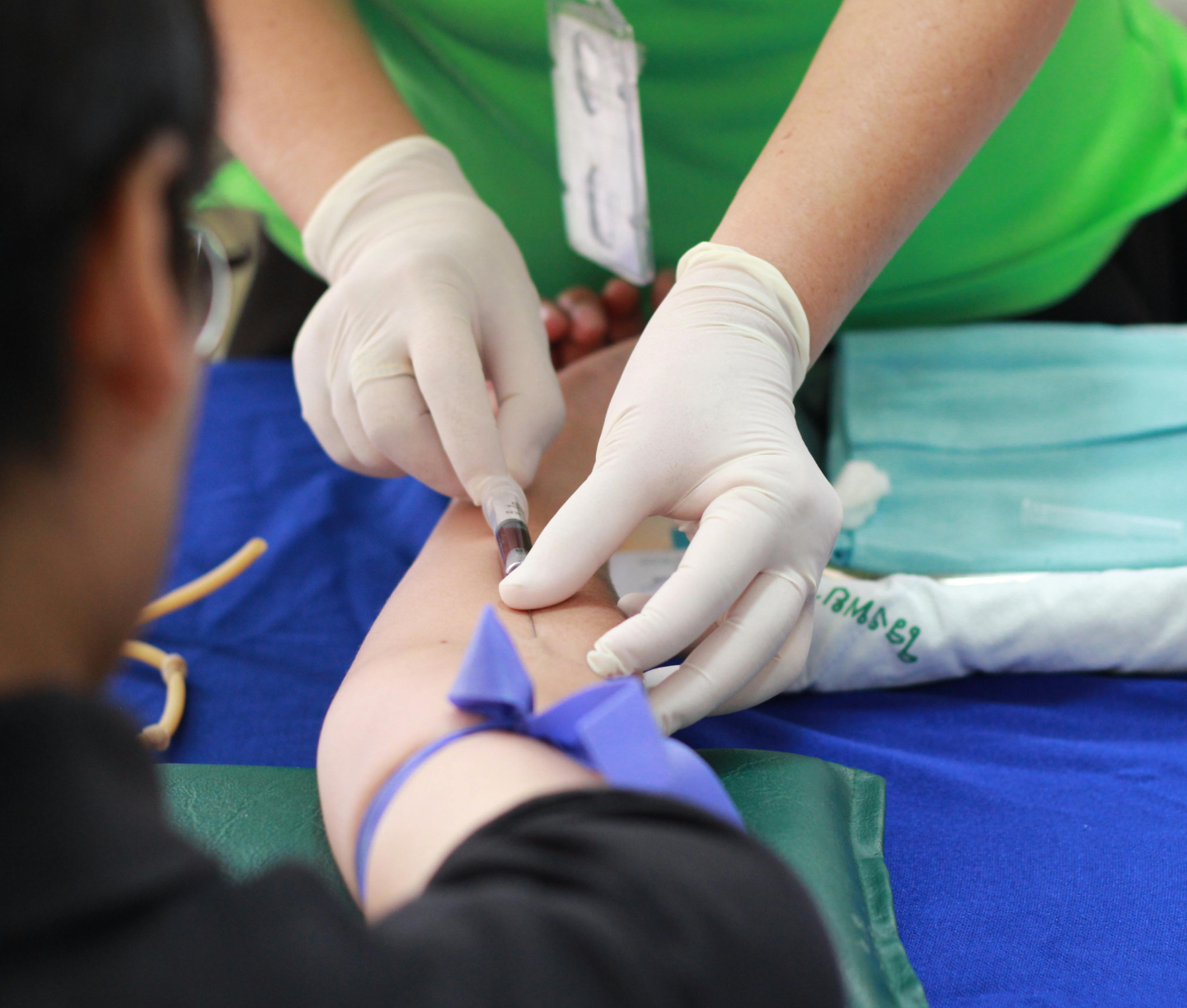In the healthcare world and beyond, conversations about stress, burnout, and trauma are becoming more common. Yet there is another term that is equally important to understand: moral injury. While not as widely known, moral injury can deeply affect those who dedicate themselves to caring for others, especially in high-stakes environments like medicine, emergency response, or rehabilitation.
At Park Mental Health, we believe shining a light on moral injury is essential, because awareness is the first step toward healing.
Understanding Moral Injury
Moral injury occurs when a person experiences a violation of their deeply held moral or ethical beliefs. It often arises when individuals are forced to act in ways that go against their values, or when they witness or are unable to prevent actions that conflict with their sense of what is “right.”
In healthcare, this can happen when:
- A professional knows the best treatment but cannot provide it due to systemic constraints (such as lack of resources or restrictive policies).
- Clinicians are asked to follow protocols that conflict with their personal or professional ethics.
- Caregivers feel they have let patients down, even if circumstances were beyond their control.
Unlike burnout, which is typically linked to overwork and exhaustion, moral injury is about betrayal of one’s core values. It often leaves people with feelings of guilt, shame, anger, or a sense of moral failure.
Signs and Symptoms of Moral Injury
Moral injury can show up in different ways, but common experiences include:
- Persistent guilt or shame.
- Anger or resentment toward systems, leadership, or even oneself.
- Withdrawal from colleagues, friends, or loved ones.
- A sense of betrayal or loss of trust in institutions.
- Emotional numbness or disconnection.
- Difficulty finding meaning in one’s work.
Left unaddressed, moral injury may overlap with or intensify symptoms of anxiety, depression, and even post-traumatic stress.
Why It Matters in Healthcare
For doctors, nurses, therapists, and rehabilitation specialists, the drive to “do no harm” and provide the best care possible is a core part of professional identity. When systems, policies, or crises prevent them from doing so, the emotional toll can be devastating.
For example, during the COVID-19 pandemic, many healthcare professionals faced impossible choices: limited ventilators, resource shortages, and overwhelming caseloads. These moments often led to moral injury, as dedicated providers could not deliver the level of care they believed patients deserved.
Recognizing moral injury is vital, not only to protect the mental health of professionals but also to sustain compassionate, high-quality patient care.
Pathways to Healing
While moral injury is complex, healing is possible. Some helpful approaches include:
- Acknowledgment and Validation
Recognizing that these feelings are real, and not a personal weakness, is an important first step. - Peer and Professional Support
Talking with colleagues, support groups, or mental health professionals helps reduce isolation and shame. - Ethical Reflection and Meaning-Making
Guided conversations or therapy can help healthcare workers process difficult experiences and reconnect with their values. - System-Level Change
Institutions play a key role. Creating more supportive environments, improving resources, and fostering open dialogue about ethics are essential to preventing moral injury.
Moral injury is not just a personal burden, it’s a collective issue that affects individuals, teams, and entire healthcare systems. By recognizing its signs and addressing it openly, we can begin to create healthier spaces for those who dedicate their lives to caring for others.
At Park Mental Health, we are committed to supporting both patients and healthcare professionals through challenges like moral injury. With compassion, awareness, and the right resources, healing and resilience are possible.
Moral injury is about more than exhaustion, it’s about the pain of being unable to live up to one’s values. Recognizing and addressing it is the first step toward recovery.




